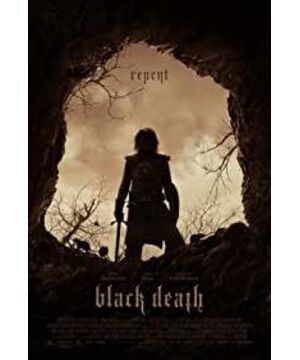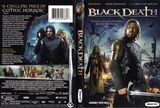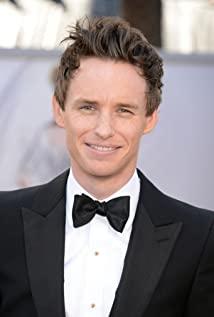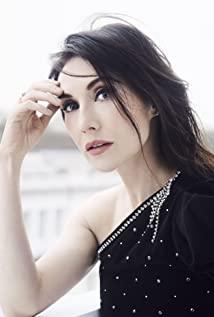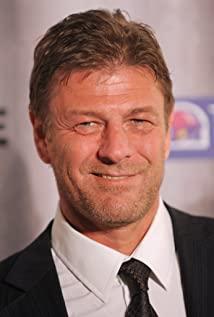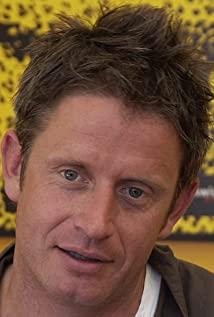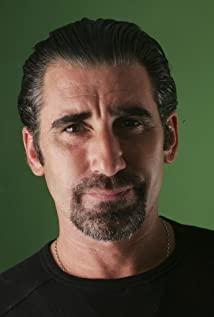As far as the plot is concerned, I quite like it, it is a compact, more than 1 hour and 40 minute film, and I still feel unsatisfied after watching it. In terms of shooting techniques, the pictures are quite realistic, the rendering is quite good, and the use of a few blood plasma is quite appropriate.
What attracts me most about this film is: the portrayal of the characters is very good, the eyes of a group of people in the water prison, the cry of osmund in the swamp, the roar of Ulric and the last smile, the witch (forgot her name) in front of the water prison The preaching all portrays the characters' personalities and their attitudes towards faith to life. Through the characterization of the characters, many of the contradictions of religion in this film are integrated into the whole film: Hob's sentence: she is beautify and real. When I watch it, I can't help but ponder, in life, even if I have faith, in the face of Difficulties In the face of temptation, how many people remain firm in the face of real temptation? In addition, Ulric and some believers firmly believed that this disaster was when God came to wash away the sins of mankind. As a believer, I couldn't help but think: Is this really the case? Indeed, in the Bible, there are many God's punishment for human beings and bring disasters to people, and there are more foreshadowings of final judgement. But when faced with such a disaster, how many people are willing to believe it? In the film, Osmund, as a monk, embodies this very well. At the same time, some priests in the film (although not described, but it can be seen from Ulric's dialogue that there are such people) even think that the shelter of the Black Death is a kind of disrespect to God (this is also from Ulric's actions It can be seen that what exactly is not spoiled here). Here, the conflict between two different ideas of faith occurred, and the most intuitive manifestation: the villagers, the knights. And Osmund, as a child who believes in God but has not yet been deeply involved in the world, uses the incident of his girlfriend to sublimate this contradiction to grief and anger. In the latter part, his cry in the swamp and the request to the shrine maiden are perfectly portrayed, when people lose important things and people, the sadness, the helplessness, and the loss of faith at that moment. At the end, by what the uncle said: dark story, it also expresses that even from the point of view of the knight, Osmund's subsequent behavior has exceeded the bottom line.
The only fly in the ointment is that there is no good foreshadowing for Ulric's own black death. A bit awkward at the end.
Finally, a sigh: This film is really good at portraying these contradictions. Recommend this film.
View more about Black Death reviews


